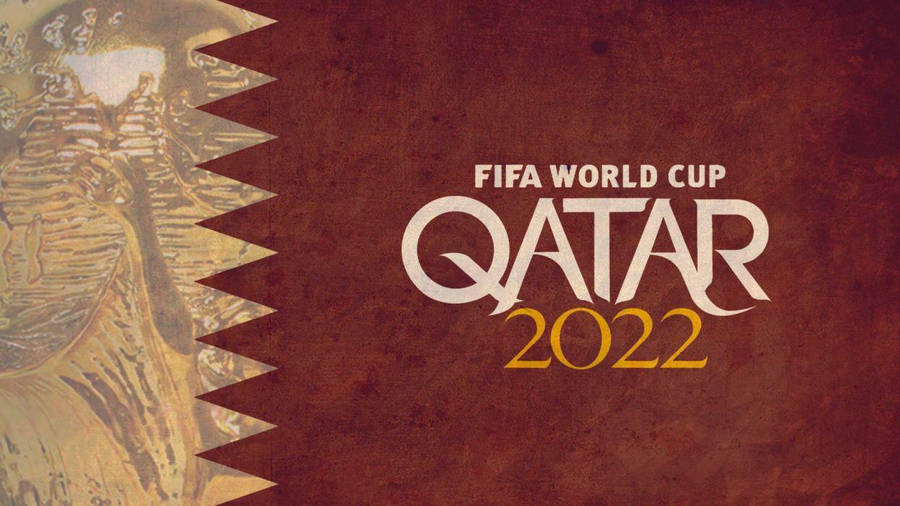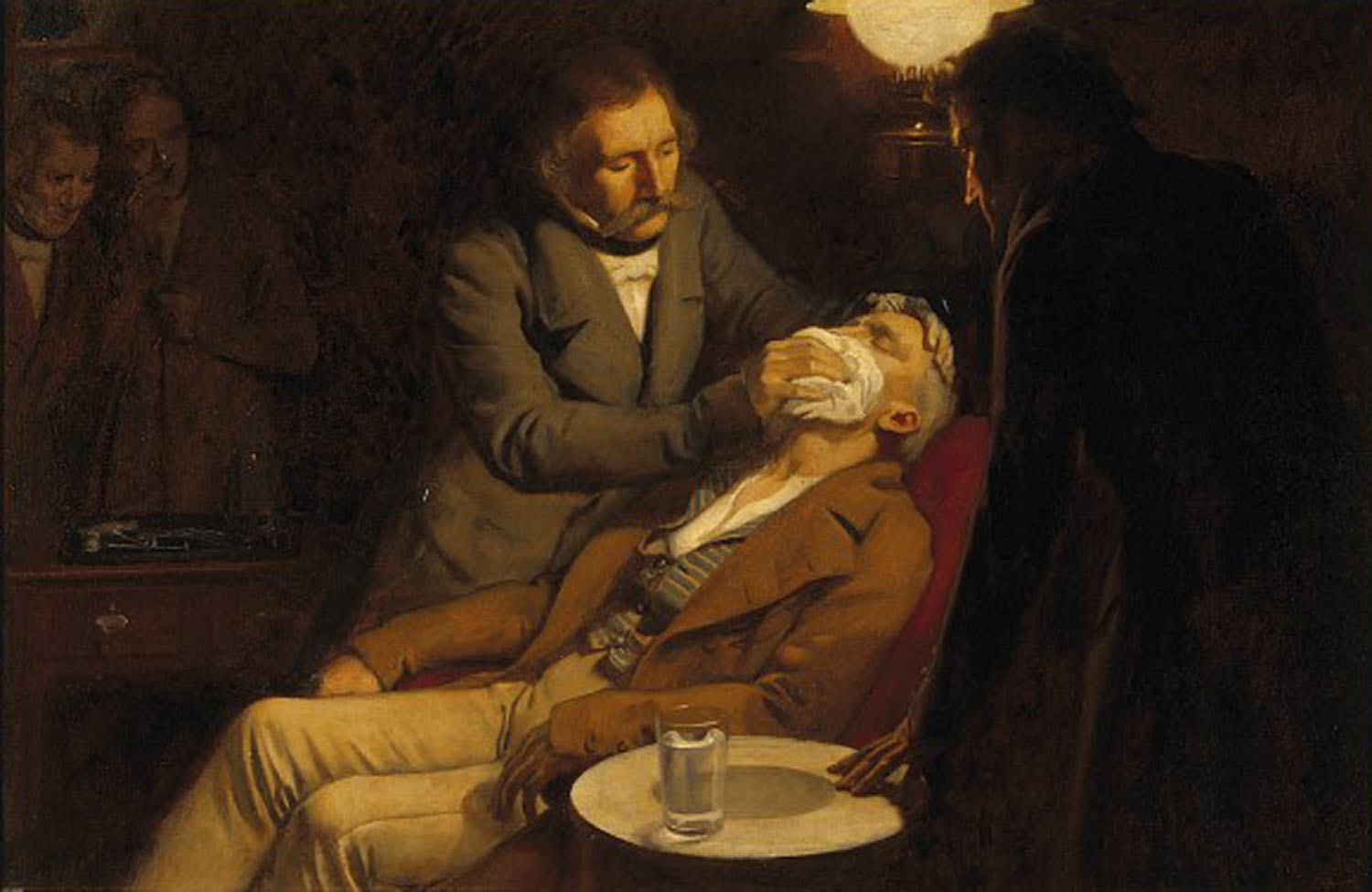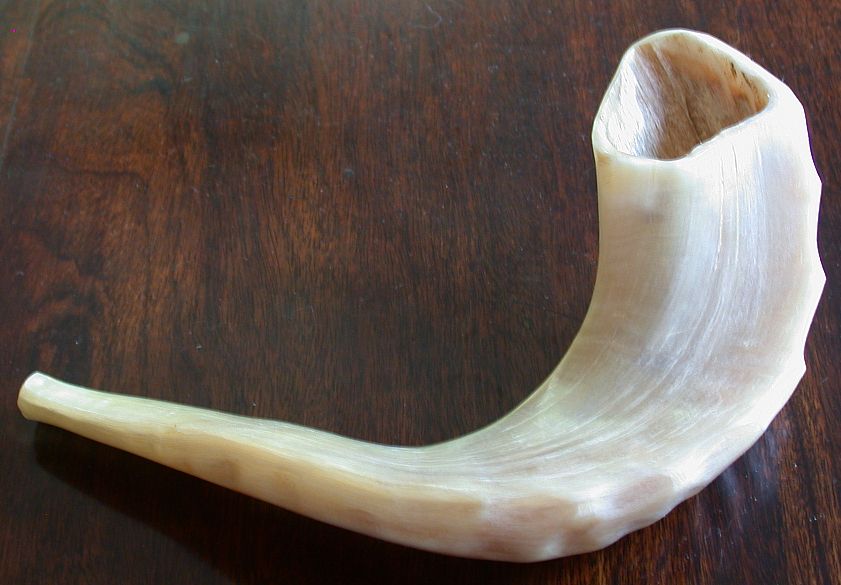Today I've organized Rounds into six major sections (each preceded by a self-indulgent little nod to a movie from my personal list of favorites):
1. School Days - posts about our training experiences and their aftermath
2. Stories from the Trenches - one of the reasons I read medical blogs at all
3. Educational Materials - it's Grand Rounds, after all; but I'm optimistic that our audience won't have their heads nodding onto the back wall of the lecture hall as they helplessly snooze through some slides... :)
4. From the Patients' Side
5. Politics, Economics, "Systems" Errors, and Controversies
6. Medical Blogging: issues upon issues, now and forever
But first, a Prologue. Ramona Bates, M.D., author of the blog Suture for a Living, reprinted this essay on Why Michelangelo Studied Cadavers, and I think it's a great way to start. It's a reflection on the characteristics that allow people to attain success. Something to think about!
School Days
 Mother Superior: The band will perform in their gym suits.
Mother Superior: The band will perform in their gym suits.
Rachel: Our GYM suits?! But they're AWFUL, Reverend Mother.
Mary: It's not as if we were like Sacred Heart. At Sacred Heart they wear short shorts for gym.
Mother Superior: They're French.
Ah, training. If only there were some other way.
Next, the med school and residency years. DB
offers some thoughts and quotations about medical educators. Medical student
Jeff Leow muses on how our future responsibilities haunt us even as we prepare for them, for tasks as simple as obtaining I.V. access. During a tough month in the NICU for umbilical lines Beth doesn't take it for granted when hers goes in and learns why
patience is a virtue. PathRes tells us what being
on call during pathology residency is like. And just for fun, Check out the entertaining speculation on The Dragonfly Initiative on what it might be like
if the characters from Heroes went to medical school.
Dr. Gurley takes us back to those
professional patients who volunteered to let us learn how to do pelvic and rectal exams correctly. Remember that day? And how surreal it was to get actual feedback from these helpful patients who were willing to let us invade their privacy so we could do right by our future patients?
Finally, the years that follow. Jordan
looks back at the layers of expectation that have been peeled away by the training experience to reveal a more nuanced primary care practice. And speaking of not having to practice according to the textbook, Dr. Zhang describes skipping over the usual rituals to deal with
the hiccup boy. Bongi describes how despite their years and years of residency training, general surgeons still have to deal with people making the
wrong assumptions about them. And
Fat Doctor encourages students and residents who are still on that long road to take heart - you do come out better in the end.
Stories from the Trenches
 Dr. Okun: The neatest suff has only happened in the last few days. See, we can't duplicate their type of power, so we've never been able to experiment. But since these guys started showing up, all the little gizmos inside turned on. (laughs) The last 24 hours have been really exciting.
Dr. Okun: The neatest suff has only happened in the last few days. See, we can't duplicate their type of power, so we've never been able to experiment. But since these guys started showing up, all the little gizmos inside turned on. (laughs) The last 24 hours have been really exciting.
President Whitmore: "Exciting?!" People are dying out there! I don't think "Exciting" is the word I'd choose to describe it!
Here's the latest by Pathmom from Mothers in Medicine. If you're a working mom and can't relate to this, you either haven't been working long enough or haven't been a mom long enough, or you're perfect, or your kids are perfect.
Bongi describes removing a "tumbler" -a bullet that wrought more havoc than its not-too-high-velocity might have suggested.
Just discovered a great blog, Mulberry Street, written by Jonathan, a senior anesthesia resident who wrote this post about a tough intubation for a dying patient. Not for the faint of heart (or stomach). No, Jonathan, you should NOT get a desk job - we need you.
Being with a patient at the moment of death can be a haunting experience. This one stayed with the author of Respiratory Therapy 101.
End-of-life issues have been on our minds lately; here's what Rag of The Chloroform Rag has to say about them. Some sobering realities in there.
Found this beautiful end-of-life story (written by an E.R. doc) thanks to KevinMD today and had to share it too.
But it's not all sorrow and loss. Here's a story of hope from FreshMd.
Educational Materials
Santa: I've been to New York thousands of times.
Buddy: Really? 
Santa: Mm-hmm.
Buddy: What's it like?
Santa: Well, there are some things you should know. First off, you see gum on the street, leave it there. It isn't free candy.
Buddy: Oh.
Santa: Second, there are, like, thirty Ray's Pizzas. They all claim to be the original. But the real one's on 11th. And if you see a sign that says "Peep Show", that doesn't mean that they're letting you look at the new toys before Christmas.
The tradition of Grand Rounds evolved as a forum for educating physicians. Here are a few informative posts on a variety of topics:
First, a post on a subject near and dear to me: AIR. PalMD gives us "Breathing 101" on the Denialism blog.
Medical videographer Sterile Eye highlights the invention of the triangulation method for suturing of blood vessels in his fascinating look back at Nobel prize-winning surgeon Alexis Carrel.
Pallimed gives us a history of the concept of brain death. Lots to think about!
Dr. Auerbach continues to teach us about desert survival and warns us of the toxic metal content of certain ayurvedic products available on the web.
The Samurai Radiologist gives us some fascinating AED lessons from Japan.
Dr. Val introduces to MRgFUS. Who's he, you ask? Well, actually, it's the game-changing medical technology of MRI-guided ultrasound surgery - or as Dr. Val described it to me, a die-hard Voyager/DS9/Next Generation fan, "Star Trek medicine at it's best."
With his usual excellent writing, Dr. Campbell of Reflections in a Head Mirror tells us The Naked Truth About Tonsil Cancer.
Check out Harvard medical student Ishani Ganguli's column on the intersection between psychiatry and neurology, via Paul Levy's blog. It's all in your head, folks.
Docneuro discusses the optic nerves and how the world would be a different place without them.
Ramona Bates just re-posted a helpful, informative review of
mammograms. Her blog
Suture for a Living is always worth a visit; don't miss her recent hosting of the blog carnival
SurgeXperiences, which includes a section on surgery in the news.
On a related note, Buckey Surgeon has a Mammosite post
here.
From the Patient's Side
 Humperdinck: To the death!
Humperdinck: To the death!Wesley: NO! To the pain.
Humperdinck: I don't believe I'm quite familiar with that phrase...
Amy Tenderich of DiabetesMine reminds us of the very basic fact the patients are people (kinda like doctors...see above for those reminders).
Surgeon and best-selling author Pauline Chen reviews the book Sick Girl by Amy Silverstein and describes how it helped her understand the way patients make decisions. Check out her column too on The Dance Before the Diagnosis.
Duncan Cross tells the
story of a visit to the dermatologist that will make anyone who cares about patient care and comfort cringe.
Laurie Edwards reflects on the impact of language on patients' experiences.
And speaking of language, Edwin Leap writes on his blog about the many tongues of the emergency room. His wonderful writing is always a treat.
Many patients face issues of chronic pain and its impact on day-to-day life. Jolie Bookspan provides valuable advice on how to minimize the strain of autumn yard work and keep fit despite problems such as rheumatoid arthritis.
Dean Moyer takes us through what it's like to get an
epidural steroid injection.
Roger Federer, via the blog How to Cope with Pain, may (indirectly) have some secrets to share for patients who wrestle with chronic pain.
Jenni Prokopy has some suggestions for how we can teach ourselves to let go of our fears.
And Barbara Kivowitz offers an example of patients' lives behind-the-scenes through the description of one married couple who have stood by each other in sickness and in health.
Politics, Economics, "System" Errors, and the Quagmire of Controversy
 Lermontov: Calm yourself, Sergei.
Lermontov: Calm yourself, Sergei.Sergei: But the door! The door! It won't shut!
Lermontov: Well, somebody will have to hold it.
Who wants to tackle the one about whether health care is a right or not?
Shadowfax and
Maggie Mahar did, then
did again. I think we could all discuss that issue for hours.
The Happy Hospitalist writes forcefully about
doctors as professionals and what they might be associated with in people's minds. Makes for interesting discussion.
White Coat rants about the pediatric cough medicine brouhaha (sp.?).
Orac reviews Autism's False Prophets, writing, "Finally, science pushes back against antivaccine lunacy."
Dr. Rob on Musings of a Distractible Mind discusses the way prevention has become a buzz word.
An Australian doc tackles the issue of emergency department waiting room deaths. "The evidence is plain to see, easy to read, and possible to fix." Then why aren't we doing better? (See here and here for some attorneys' posts on waiting room deaths.)
Speaking of not doing better, Nancy Brown enjoins us to remember Native American victims of sexual abuse and to work on the gaps in care faced by these patients.
Kim over at her terrific site Emergiblog considers the current nursing shortage - which we really shouldn't take for granted, considering how a truly good nurse isn't "just" a nurse.
Jay Norris points out that a health insurance tax credit won't solve the problem of health care access.
The Happy Hospitalist is unhappy over the "goofy economics" of reimbursement for doctors.
JCAHO finally gets some competition, as David Harlow explains.
And what's happening in Canada? The Canadian Medicine blog, InsureBlog, and Ian Furst of Wait Time and Delayed Care weigh in.
What about Washington? Dr. Sinclair who authors Pallimed discusses the Physician Assisted Suicide Vote.
And it's high time we had some intelligent, in-depth, meaningful discussion, regardless of political or religious beliefs, on the fact that Pro-Life Can Mean Death for Women in the Third World, as Toni Brayer of EverythingHealth points out.
Medical Blogging: the Issues May Never Die
 Sir Kay (after Arthur points to where he wants to set up camp for the night): It's too exposed, Sire. We could never possibly defend.
Sir Kay (after Arthur points to where he wants to set up camp for the night): It's too exposed, Sire. We could never possibly defend.Arthur: (glares at Sir Kay)
Sir Kay: Sire. (rides away obediently)
How timely it is, then, that Bob Coffield should write about Dr. Wes's legal blogging woes. I was just thinking about those as I reviewed Dr. Wes's own response to the situation, as well as reactions by KevinMD (on "Physicians and blogging") and TBTAM ("Every blog needs a bouncer" - definitely!)
Coffield's post on the Health e-Information Technology Act of 2008 might be helpful as we bloggers continue to participate in the information age and have to navigate a world in which technology like this, highlighted by Laika Spoetnik of the MedLibBlog, makes information accessible to all, ready or not.
Finally, Buckeye Surgeon offers this
thought-provoking post on why he "came out" in the blogosphere. If it hadn't been for my kids, I might have considered doing the same...might still do it...although I find
Buckeye's own travails dealing with people invading his family's privacy discouraging, so for now, I'll stick to the blog persona.







































